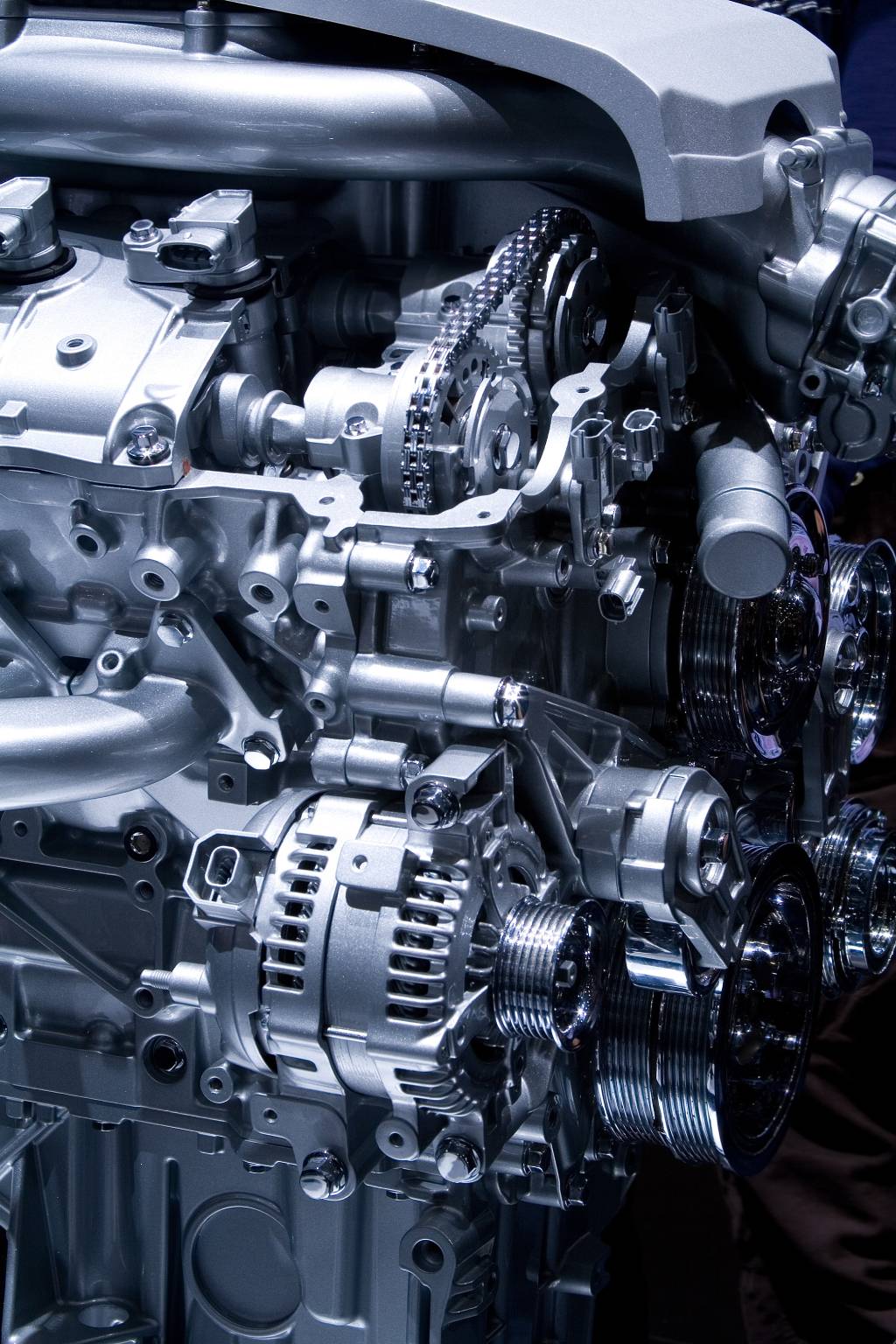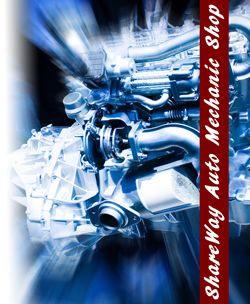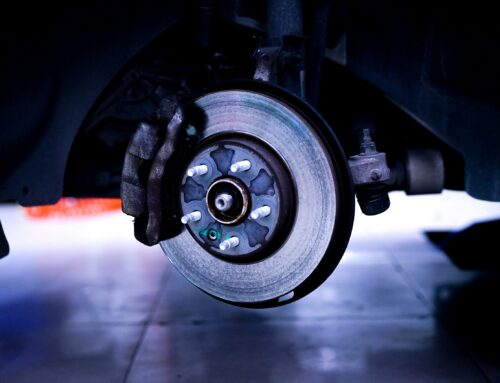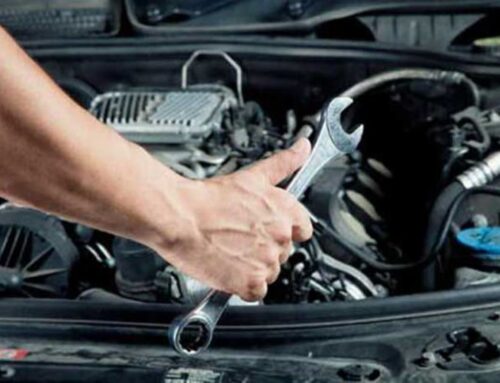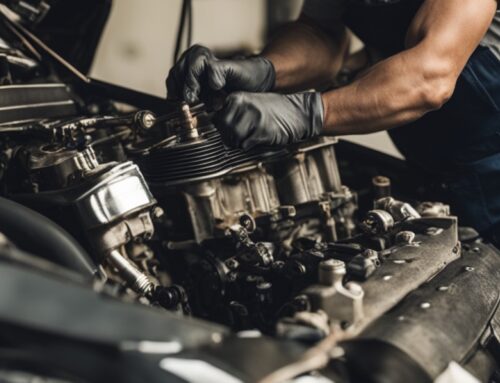August 15, 2024
How to Take Care of Your Vehicle’s Engine and Recognize Signs of Trouble
The Importance of Regular Engine Maintenance

Regular engine maintenance is a fundamental aspect of vehicle care that significantly impacts its longevity and performance. Consistent attention to your engine ensures that it operates efficiently, translating to better fuel economy and overall health of your vehicle. By engaging in routine checks and maintenance practices, you can avert potential issues and extend the lifespan of your engine.
Routine engine maintenance encompasses several critical practices. Firstly, oil changes are paramount; they should be conducted every 3,000 to +5,000 miles or 5,000 to +7,500 kilometre, depending on your vehicle’s requirements. Fresh oil ensures proper lubrication of engine components, reducing friction and wear. Don’t forget the oil filter though, it is recommended to change oil filter every time you change your vehicle’s oil. Secondly, replacing air filters every 12,000 to 15,000 miles or 19,000 to 24,000 kilometre, is necessary to maintain optimal air flow, essential for efficient combustion and engine performance. Checking and replenishing fluid levels—coolant, brake fluid, transmission fluid, and power steering fluid—should be done regularly to prevent overheating and mechanical failure. Read The Complete Guide to Vehicle Oil Changes for more info about importance of oil change
Additionally, it is crucial to examine belts and hoses every 30,000 miles. These components are susceptible to wear and tear and can cause significant engine damage if they fail. Spark plugs, vital for igniting the fuel-air mixture, should be inspected and replaced approximately every 30,000 miles to ensure smooth engine operation. Regularly verifying battery health and cleaning its terminals can prevent starting issues and electrical malfunctions.
Neglecting regular maintenance can lead to severe engine damage and costly repairs. For instance, postponing oil changes can result in sludge buildup, hindering lubrication and potentially causing engine seizures. Ignoring air filter replacements can strain the engine and reduce fuel efficiency. Overlooking fluid checks can lead to overheating and significant engine repairs. Addressing these maintenance practices proactively not only preserves engine health but also safeguards your investment in your vehicle.
Daily and Monthly Engine Care Tips:
Caring for your vehicle’s engine is essential for ensuring its longevity and efficiency. Adopting daily and monthly habits can significantly help keep your engine in top condition. Among the most crucial daily checks is inspecting the engine bay for any signs of leaks. Identifying and addressing leaks early can prevent minor issues from becoming significant problems.
Another vital daily habit is checking the oil level. Maintaining the appropriate oil level is fundamental to engine health, as the oil reduces friction and wear on moving parts. Ensure that the oil is topped up to the recommended level and that it is clean and free from contaminants. Additionally, verify that the coolant is at the appropriate level, as it prevents the engine from overheating, thereby sustaining its performance and longevity.
On a monthly basis, there are several additional checks and practices that vehicle owners should undertake. One such task is inspecting the drive belts, which play a crucial role in the functioning of various engine components. Make sure the belts are in good condition and free from cracks or excessive wear. Another important monthly practice is to examine the battery terminals for any corrosion. Clean terminals ensure a robust electrical connection, which is vital for engine starting and other electrical functions.
Listening for unusual sounds and being attentive to any unfamiliar smells can also provide early warnings of potential engine trouble. Strange noises, such as knocking or tapping, can indicate issues with the combustion process or moving parts, while unusual smells might suggest leaks or overheating.
To facilitate these routines, vehicle owners can use a simple checklist. For daily checks: inspect the engine bay, check the oil level, and ensure the coolant is at the correct level. For monthly tasks: inspect drive belts, clean battery terminals, and pay attention to any unusual sounds or smells. Consistency in these practices not only preserves the health of your vehicle’s engine but also enhances its efficiency and performance.
Common Signs Your Engine Might Be in Trouble:
Recognizing potential engine trouble early can save you from costly repairs and ensure your vehicle’s longevity. There are several warning signs to remain attentive to, which can indicate underlying engine problems.
One of the most obvious indicators is the presence of unusual noises, such as knocking or ticking sounds. Knocking generally suggests that there may be an issue with the engine’s internal components, often resulting from poor fuel quality, incorrect spark plugs, or an internal mechanical problem. On the other hand, a ticking noise might indicate low oil levels or poor lubrication, which can lead to severe engine damage if not addressed promptly.
Excessive smoke from the exhaust is another symptom that something may be amiss. Different colors of smoke can signal different issues. Black smoke often points to a fuel system issue, suggesting that the engine is burning too much fuel. Blue smoke is a sign of burning oil, which could be due to worn piston rings or valve seals. White smoke usually indicates coolant leaking into the engine, potentially caused by a blown head gasket or a cracked engine block. Each of these issues requires immediate attention to prevent further damage.
Oil or fluid leaks are also significant warning signs. Leaking oil can lead to engine overheating and, eventually, to engine failure. The source of leaks might include a degraded oil seal, a faulty valve cover gasket, or a damaged oil pan. Regularly checking for stains or puddles under your vehicle can help you spot leaks early.
Signs of engine problem:
- Check engine light is on
- Engine Over heating
- Poor gas mileage
- Engine’s sound changed
- Engine vibration
- Engine Stalling, running rough
- Acceleration problem
- Loss of power
- Bad or strange odors
- Smoke coming from exhaust
- Oil leak
A noticeable loss of power or acceleration can also signify engine trouble. This symptom may stem from several sources, such as a failing fuel pump, clogged fuel injectors, or problems with the ignition system. Addressing power loss swiftly can help maintain your vehicle’s performance and prevent further deterioration.
Lastly, the illumination of the check engine light is a clear indicator that your engine requires attention. This light serves as an alert to potential problems detected by the vehicle’s onboard diagnostics system. While it can signal something as minor as a loose gas cap, it can also indicate more severe engine issues. Ignoring the check engine light can exacerbate problems, leading to more extensive and costly repairs.
Addressing these warning signs promptly can prevent minor issues from escalating and ensure your vehicle remains reliable and efficient.
Steps to Take When You Notice Engine Trouble:
Recognizing engine trouble early is crucial to mitigating further damage and ensuring your safety. When you first identify signs of a potential issue, it’s important to take immediate, thoughtful actions. If you suspect a serious problem, such as an unusual noise, a sudden loss of power, or your vehicle’s warning lights illuminating, the first step is to pull over to a safe location. Continuing to drive may exacerbate the issue and potentially cause dangerous situations on the road.
Once safely parked, use a diagnostic tool to check for error codes from your vehicle’s onboard diagnostic system, often referred to as OBD-II. These codes can provide valuable insight into what might be wrong with the engine. For reference, consult your vehicle’s manual, which can offer guidance on the significance of these codes and possible actions. If you do not have a diagnostic tool, many auto parts stores offer free readings, which can be a helpful resource.
Determining when to seek professional help is essential. While some minor issues can be addressed by the vehicle owner, more complex problems typically require a professional mechanic’s expertise. When seeking a reliable mechanic, look for certifications such as ASE (Automotive Service Excellence) and positive customer reviews. Inquire about their experience with your specific vehicle make and model.
Documentation plays a critical role in resolving engine troubles effectively. Maintain a detailed record of all issues, noting the specific symptoms, when they occur, and any conditions that might be relevant (such as weather or driving duration). Similarly, keep a thorough history of all maintenance and repairs your vehicle has undergone. This information is invaluable to mechanics, enabling them to diagnose and address problems more efficiently.
By following these steps, not only can you potentially prevent more severe engine damage, but also ensure a quicker, more accurate repair process, thus maintaining the long-term health and performance of your vehicle.

